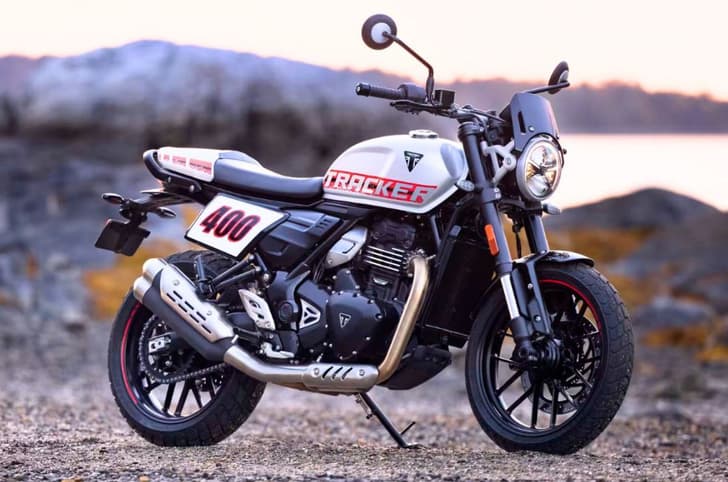Honda Motorcycle and Scooter India, the country's second-largest two-wheeler maker, is readying an ambitious plan of introducing 10 electric two-wheelers in the coming decade that will cater to the entire spectrum of zero-emission vehicles in the future.
- First Honda EV will be the Activa electric
- 1.5 lakh production targeted for next year
- Export to international markets from India in due course
Upcoming Honda electric vehicles: details
According to several people in the know, the plan is to offer multiple powertrains, speed categories and body types. Honda’s EV plan has been defined after an exhaustive study for over two years. The products developed will be available in both fixed and swappable alternatives.
To kickstart the EV game plan, work on two projects – codenamed GJNA and K4BA – has already started. One of them is Activa Electric, which will be based on a fixed battery construct, whereas the other is a moped that will come with a swappable alternative.
Honda is amongst the few key mainstream players yet to enter the EV market in 2024, however, it may be the first Japanese two-wheeler brand to enter the rapidly growing EV market.
The first EV from Honda Motorcycle will hit the roads in March 2024 (likely to be the Activa electric), followed by another model in September 2024. Both these models have been developed with a potential of half a million units cumulatively over three years. As more models are introduced till 2026-2027, the company hopes to take up the volume close to a million units, our sister publication Autocar Professional quoted a source as saying on Honda’s EV strategy.
In the first year, Honda has planned for a production of 1-1.5 lakh units between both models. For the mainstream market, the company is eyeing a strong double-digit growth in FY24 to about 5 million units.
To support swappable battery alternatives, Honda Power Pack Energy India Private Limited (HEID) has already established a base in Bengaluru. The swappable solutions are currently offered to the three-wheeler industry, eventually in-house Power pack business will aid the expansion of Honda’s EV business. Honda was, in fact, open to alliances in the last-mile mobility space.
Set up in November 2021, the battery swapping service was started by Honda to support electric auto rickshaws. HEID started with a network of 23 swapping stations in Bengaluru, which is planned to be expanded to other cities.
While the immediate focus for Honda is to carve a space for itself in a domestic market, eventually the company intends to ship EVs to the global markets too.
The game plan was formulated under the president of Honda Motorcycle & Scooters India, Atsushi Ogata, who over the last three years has defined a roadmap to expand the addressable market for the Japanese two-wheeler major.
Having started addressing the premium end of the market in FY21 and FY22 with BigWing motorcycles, Ogata brought in its first 100cc motorcycle, the Shine 100, just a few days ago and now he is putting the third and perhaps the most critical pillar for the future, by venturing into the EV space.
In a recent interview, Ogata said he expects the penetration of EVs to be in the range of 15-25 percent by the end of the decade and Honda has defined its roadmap based on these forecasts. The electric vehicle penetration has already crossed 5-7 percent of the overall two-wheeler market led by new-age start-ups and seasoned players alike.
Would you go for Honda's EVs over the other offerings in the market? Let us know in the comments section below.



























